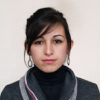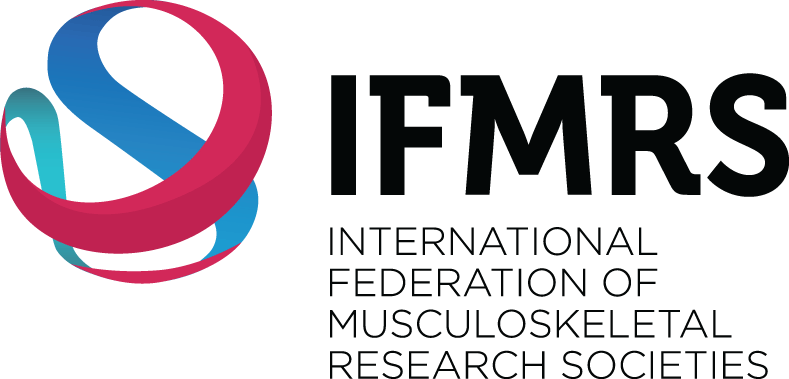MEET THE FIRST AUTHOR
An anti-RANKL treatment reduces muscle inflammation and dysfunction and strengthens bone in dystrophic mice
Dounia Hamoudi, Laetitia Marcadet, Antoine Piette Boulanger, Hideo Yagita, Zineb Bouredji, Anteneh Argaw and Jérôme Frenette
Human Molecular Genetic 28(18): 3101 – 12 (2019).
October 2019.
Duchenne muscular dystrophy (DMD) is the most severe form of muscular dystrophy which leads to progressive muscle degeneration and inflammation. The receptor activator of nuclear factor NF-κB ligand (RANKL) and its receptor (RANK), which are expressed in bone and skeletal and cardiac muscles, form a signaling network upstream from nuclear factor-kappa B (NF-κB). We thus hypothesized that prolonged silencing RANKL/RANK signaling would significantly improve DMD. We showed that RANK and RANKL protein levels were increased in the microenvironment of myofibers of 5-month-old utrophin haploinsufficient mdx (mdx/utrn+/−) mice and that a 4 mg/kg dose of anti-RANKL antibody every 3 d for 28 days is optimal and more effective than 1 mg/kg every 3 d for improving the ex vivo maximum specific force (sP0) of dystrophic EDL muscles from mdx/utrn+/− mice. This functional improvement was associated with a reduction in muscle edema, damage, and fibrosis and a marked reduction in serum CK levels. The anti-RANKL treatment inhibited the NF-κB pathway, increased the proportion of anti-inflammatory and non-cytotoxic M2 macrophages, and reduced the number of centrally-nucleated myofibers and the frequency of small myofibers, suggesting that anti-RANKL inhibits the cycle of degeneration/regeneration in dystrophic mice. A three-point bending test showed that a 28-d anti-RANKL treatment increases the mechanical properties of bone in mdx/utrn+/− dystrophic mice. In conclusion, the anti-RANKL treatment protected against skeletal muscle dysfunctions while enhancing bone mechanical properties, filling two needs with one deed in the context of muscular dystrophy.
Full text of Dr Dounia Hamodi’s article is available from HERE

Dounia Hamodi
First Author
Laval University, Canada.

Ronald ‘Ron’ Kwon
Moderator
University of Washington, USA.

